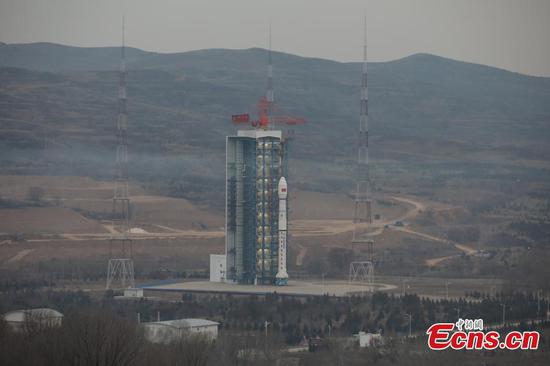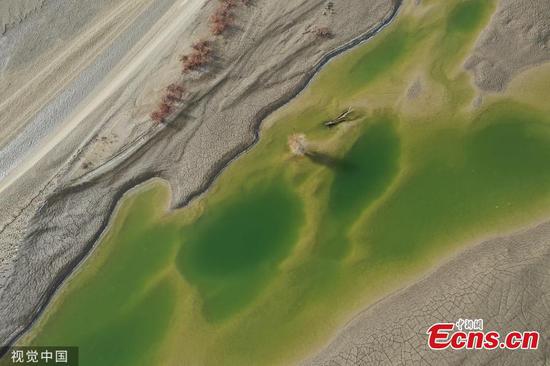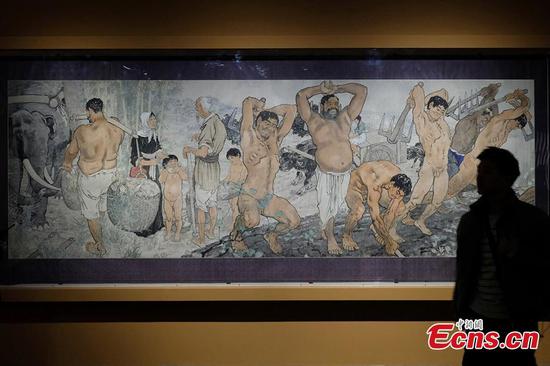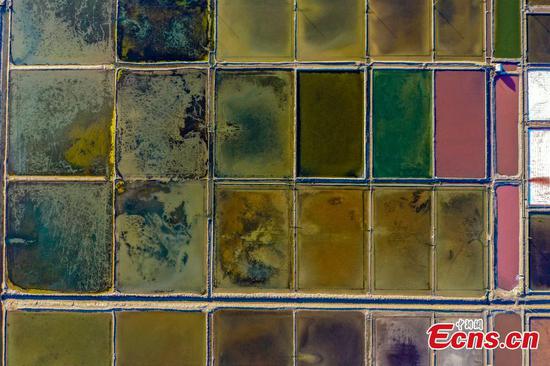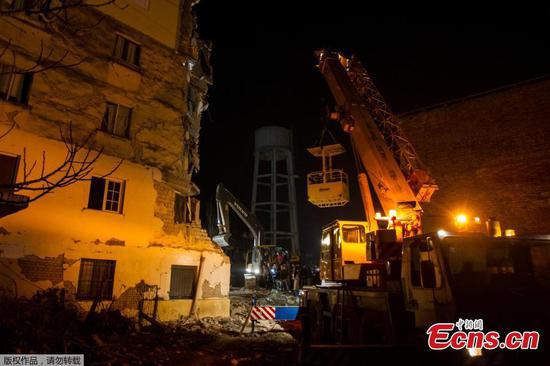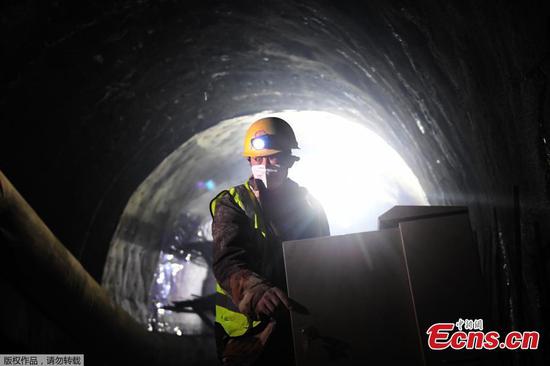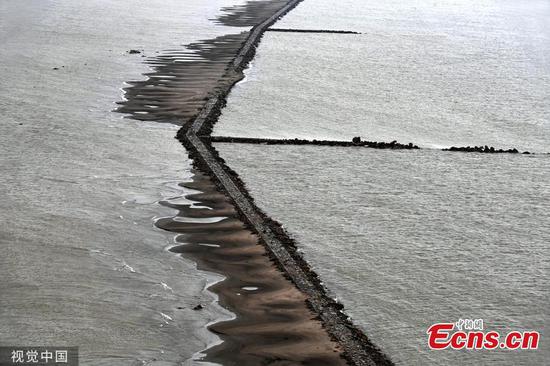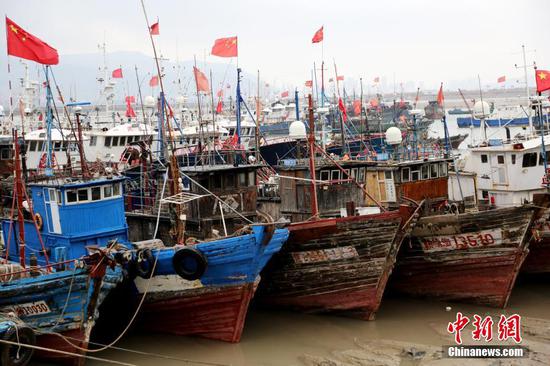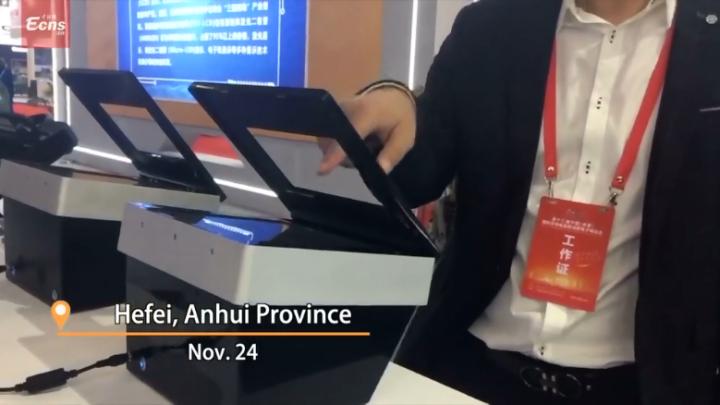Increased supervision of large banks will help ensure financial stability
China is planning to impose special regulations for a group of systemically important banks (SIBs) to curb financial risks and management failures, according to financial regulators.
The regulators have indicated that about 20 large lenders, out of the 30 on a waiting list, are likely to be approved as systemically important banks by the Financial Stability and Development Committee under the State Council.
After the selection of banks, a certain number of insurance and securities companies will also be earmarked as systemically important financial institutions and follow the special regulatory rules, the People's Bank of China, the central bank said.
The PBOC and the China Banking and Insurance Regulatory Commission have jointly come out with a system to identify domestic systemically important banks (D-SIBs), based largely on the global standards issued by the Basel Committee on Banking Supervision along with some domestic elements.
It uses four indicators and 13 subfactors to evaluate banks' degree of significance. Once the banks are regarded as "systemically important", they will be asked to achieve higher regulatory standards, such as stricter liquidity and capital requirements, the PBOC said in a statement on its website.
Systemically important banks always have huge assets, a complicated structure with several businesses, and are usually tightly connected with other financial institutions. They also provide irreplaceable key services in the financial system, said analysts.
If any of these banks fails, it would lead to systemic financial risks and hurt the real economy, thereby making the tighter regulatory rules all the more important, said Wen Bin, chief researcher with China Minsheng Bank.
The PBOC has called this assessment method "a key mechanism", which is designed to win the battle of preventing and resolving major financial risks, and strengthen the stability of the banking sector.
"The draft regulation is credit positive for Chinese banks, because the increased supervision of large banks will ensure stability of the financial system," said Nicholas Zhu, a banking analyst at Moody's Investors Service. "It will also improve the transparency as D-SIBs need to make disclosures under four indicators and subfactors."
The regulation, however, will also widen credit divergence between the larger banks designated as D-SIBs and non-systemic small banks that receive less government support, he said.
The banking industry has a dominant role in China's financial sector. The total assets of the country's financial industry stands at 300 trillion yuan ($42 trillion), and 268 trillion yuan of this comes from the banking system, accounting for 89 percent of the entire financial sector, according to PBOC data.
"When the draft is finalized, it will have a major impact on the banking industry," said Wen. "It will halt the impulsive expansionary streak of small-and medium-sized banks. Lenders will also be focused more on providing services to the real economy."
However, banks that are included in the systemically important list would need to untangle their complex business structure and simplify connections with other institutions to control potential risks. The increased regulations will push them to improve corporate governance, risk controls and capital management, said Wen.
Bank of China Ltd, Agricultural Bank of China Ltd, Industrial &Commercial Bank of China Ltd, and China Construction Bank Corp were in the 2018 list of 29 global systemically important banks, or G-SIBs, published by the international Financial Stability Board.
An S&P Global Market Intelligence report said recently that these banks are becoming more entwined with the global banking system, which also means that the world is more exposed to domestic risks facing the Chinese lenders.











